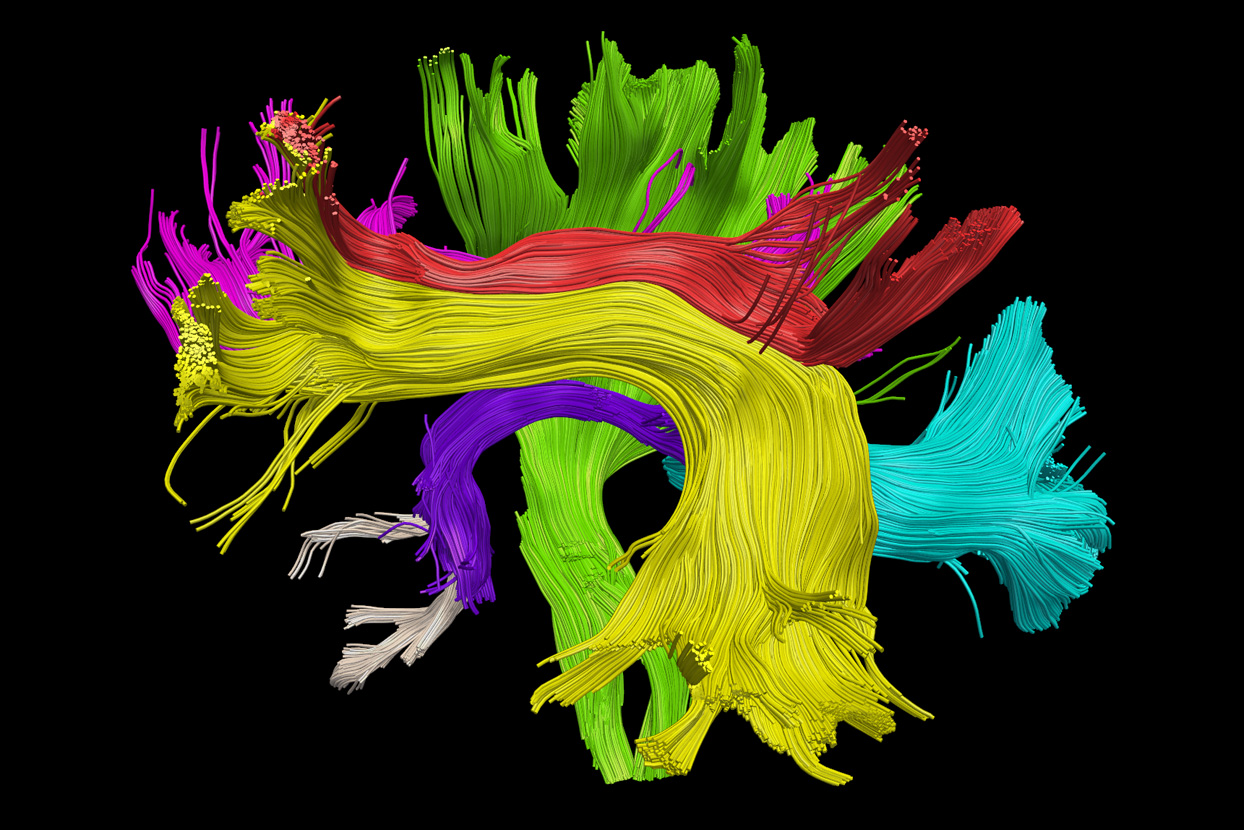Never-Ending-Nerve-Ending-Now
October 27, 2017artist contribution,
In Mónica Lacerda’s contribution to the Open! COOP Academy research theme (Against) Neuralgia: Care of the Brain in Times of Cognitive Capitalism both language and writing float and drift, evoking a more spatial and sensory reading experience. With this the artist asks, can we play with words, letters, their sounds and images and disentangle ourselves from their prior meaning? Can we restructure our mind and thinking by postponing interpretation?
Download complete poem.
A
living organism
absorbs
and
generates
energies
f fuuuuu
uuuuu u
uuuuuuuuuu
uuuuuuuuu
uuuuuuuu
uuuuuuu
uuuuuu
uuuuu
uuuu
uuu
u
s
e
s
its existence is an uncertainty – it comes and goes and it mutates as it
m o v e s
o v e s
v e s
e s
s
its passions are
part of a continuum
that has no time nor placement ~ as a stream, as a stream, as a stream,,,,,,,,,,,,,,,,,,,,,,,,,,,, ~
,,,, '''''''''''''''' ~ it stirrs innumerable forces ¨¨¨ ,,,,,,
~ being one
~ force
among many
mutable interchangeable plastic
when making sense of being one encounters a permanent flux of life. in that touching lies a tentacular feeling that observes through their own body, squeezing in between tectonic plates – airy particles that hide in all that has a solid appearence. now is a moment that has no end. it holds time, watching its motion and being part of it, either on a vortice shaped movement or anchored,
floating placidly
a living being that moves
simultaneously
s s
s s
o o
r r
c c
a
c
r r
o o
s s
s s
other
or
alongside other
is a definition of
.now.
: ~ :
space
happens
accordingly
to a dance
of
no begining
no end
flickering fleetly
in its aban
don
ment.
Mónica Lacerda lives and works between Porto and the Netherlands. Her artistic practice is an on going wordful dance – allowing words to be played by senses – taking a feminist and queer standpoint. The many ways in which Mónica engages with the written word brings out the bittersweetness that grows with the desire to be flooded by words. This overwhelming passion brings out the fragility and corruption of language, and the tension of constantly resisting the subversion of oppressive language. In an attempt to capture the nerve-wracking-now, Mónica's practice actively enquires — through thought and practice — the usefulness of language, where precision in the use of words is needed in turning them into a space for inclusion. Poems — written or performed, — choreographing an act of movement of the body through space, shaping as time unfolds.
